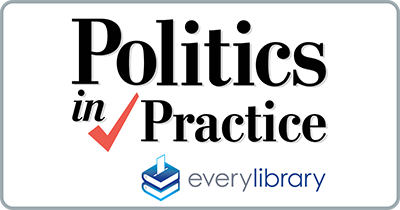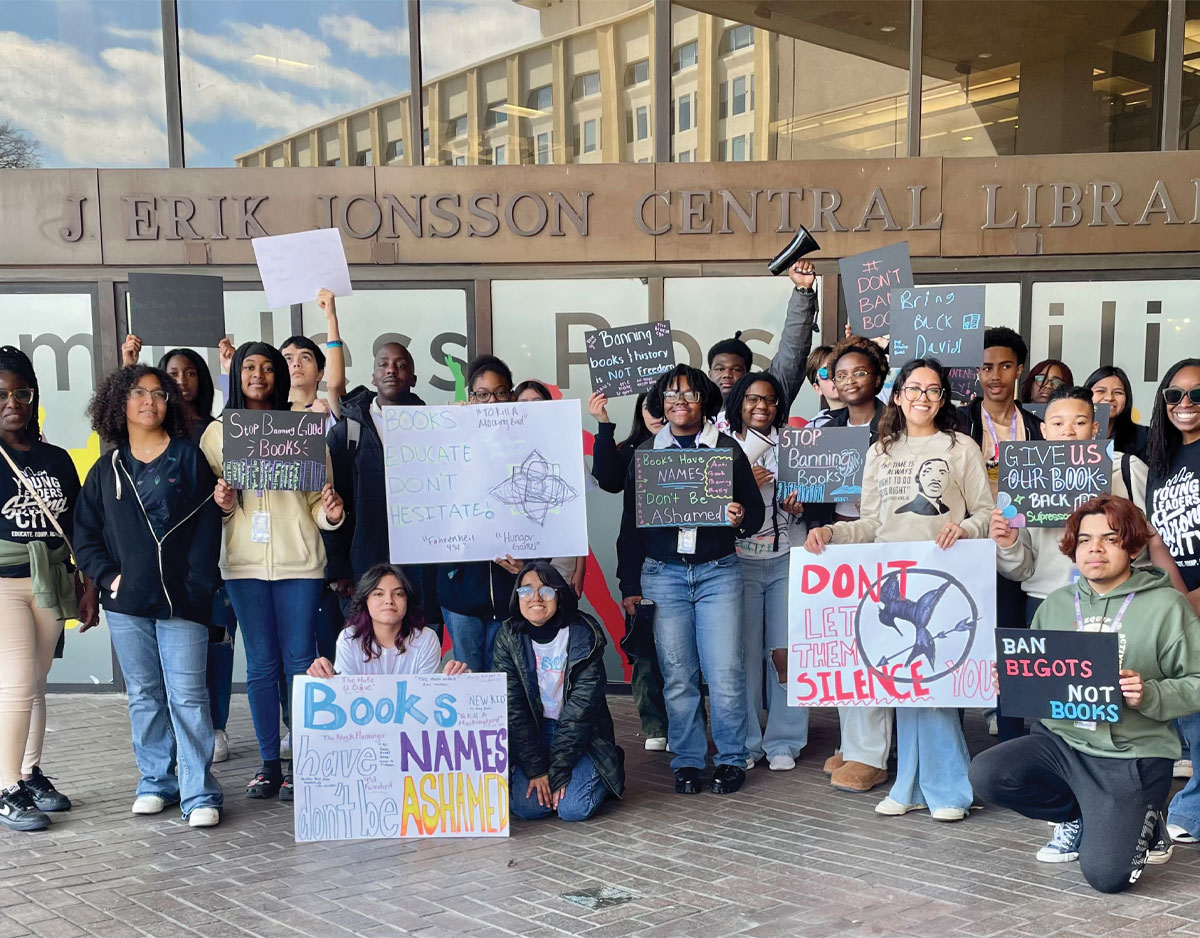Who Writes the Rules in Your State?

Post-legislative advocacy is an essential component of the education policy process, particularly when it comes to rulemaking in states. Your state school library association should anticipate involvement in implementation and rules-making as a core component of post-legislative advocacy. Being involved in rulemaking can help to mitigate the impact of a bad bill on the profession, educational institutions, and the students you serve.
After a bill is passed, there is often a significant amount of discretion left to state educational agencies to determine how to implement and enforce the law. This process can significantly influence the ultimate impact of the legislation. School library advocates should participate in the rulemaking process, where independent state associations can provide comments, data, and other input to shape how the law is implemented. This process may involve public hearings by administrative agencies and consultations with stakeholders.
Participation in the rulemaking process allows advocates to shape how the law is implemented. Most rulemaking processes include an opportunity for public comments. Library advocates should craft written comments on the proposed rules, including any concerns or suggestions for improvement. You can also encourage their supporters or constituents to submit comments. Some agencies hold public hearings or meetings as part of the rulemaking process. Advocates can attend these events to voice their views, learn about the views of others, and engage with the agency officials responsible for the rules. Failure to get involved risks allowing others to shape the rules in ways that may not align with the library sector’s interests.
One important factor is the federal government’s role in shaping state-level policies through funding and other incentives. For example, the U.S. Department of Education may require states to adopt specific rules or policies in order to receive federal funding or additional support. This can pressure state-level advocates to engage in rules-making and ensure their interests are represented. Another important consideration is the potential for conflict or tension between different stakeholders in the education sector. For example, teachers unions and school administrators may have different priorities or interests when it comes to rules-making around issues like teacher evaluation, curriculum standards, or student assessments. Advocates should be aware of these dynamics and work to build coalitions or partnerships with other stakeholders who share their goals and priorities. This can amplify their voices and increase their influence in the rules-making process.
As school librarian stakeholders and leaders of school library associations, it’s essential to be mindful of best practices regarding rulemaking and public comment periods regarding implementing new state laws. These practices will help ensure that the voices of stakeholders are heard and that the final rules align with the intent and best interests of the educational community.
First, staying informed by tracking legislation and understanding the rulemaking process is crucial. Utilizing tracking tools or subscribing to newsletters can help keep up-to-date on upcoming laws and public comment periods. Additionally, familiarizing oneself with the state’s administrative procedure act or equivalent is essential to understanding timelines and avenues for input. Collaboration and building coalitions are also vital components of effective rulemaking.
Engaging diverse stakeholders, including teachers, administrators, parents, students, community members, and other relevant parties, helps to gather a broad spectrum of perspectives. While diverse perspectives are essential, presenting a unified front on critical issues can amplify the impact. Developing clear and specific comments is another crucial aspect of effective rulemaking. Be precise by clearly stating which parts of the proposed rule you support or oppose and why is important. Provide alternatives and use data and research to bolster arguments can make a case more compelling. Once the final rules are published, they should be checked against the comments and feedback provided to ensure that key concerns were addressed. Ask for clarification if there are ambiguities or unclear provisions in the final rules.
Finally, stay engaged post-rulemaking. Monitoring implementation after rules are adopted and providing continuous feedback on the real-world implications of the rules, suggesting tweaks or changes if needed, is essential. Your school library association is the only expert in your field within your state. Using your expertise to actively engage in the rulemaking process and shape policies that impact the educational landscape is important. By staying informed, collaborating with diverse stakeholders, developing clear comments, and leveraging media and public relations, you can ensure that your voice is heard and that the final rules align with the best interests of the educational community. Remember to document everything, build relationships with policymakers, and stay engaged post-rulemaking to monitor implementation and provide continuous feedback. Your role as a school librarian is critical to the educational system’s success, so feel free to act as the expert you are within the regulations and rulemaking framework.
Filed under: Advocacy, Legislation
About John Chrastka
EveryLibrary’s founder is John Chrastka, a long-time library trustee, supporter, and advocate. John is a former partner in AssociaDirect, a Chicago-based consultancy focused on supporting associations in membership recruitment, conference, and governance activities. He is a former president and member of the Board of Trustees for the Berwyn (IL) Public Library (2006 – 2015) and is a former president of the Reaching Across Illinois Libraries System (RAILS) multi-type library system. He is co-author of “Before the Ballot; Building Support for Library Funding.” and “Winning Elections and Influencing Politicians for Library Funding”. Prior to his work at AssociaDirect, he was Director for Membership Development at the American Library Association (ALA) and a co-founder of the Ed Tech startup ClassMap. He was named a 2014 Mover & Shaker by Library Journal and tweets @mrchrastka.
ADVERTISEMENT
ADVERTISEMENT
SLJ Blog Network
Name That LEGO Book Cover! (#63)
“If you like my storytelling, this is your jam.” Jason Reynolds Goes All Audio with “Soundtrack”
Band Nerd | Revieew
Writing Queer Characters with Warmth, Empathy, and Inclusive Joy, a guest post by Lauren Magaziner
Pably Cartaya visits The Yarn
ADVERTISEMENT






